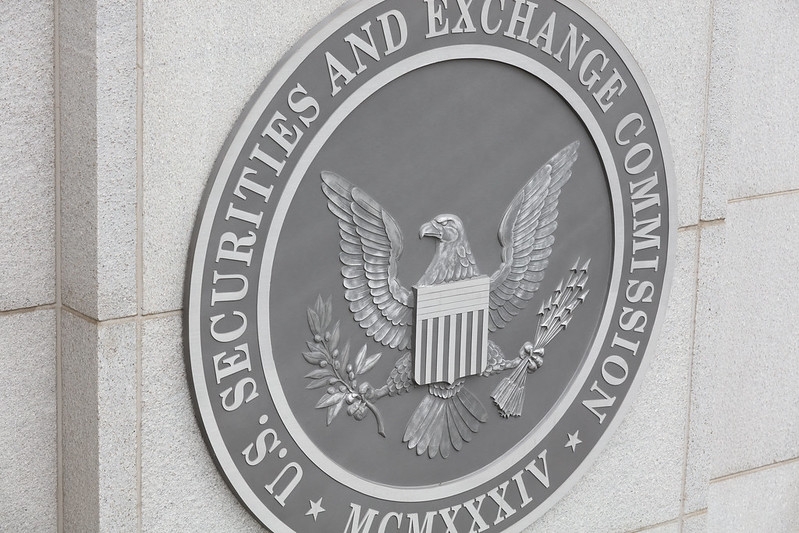The 2024 examination priorities report from the US Securities and Exchange Commission (SEC) was unveiled on October 16. For years, the SEC’s Division of Examinations has been producing such reports, providing insight into the risks that will be under its microscope. This year, crypto dealer-brokers have been specially cautioned.
Last year, the SEC’s Examinations Division broadened its scope, establishing specialized units to oversee crypto, fintech, artificial intelligence, and cybersecurity, as the report detailed. The emphasis on monitoring broker-dealers and advisers active in the crypto sector remains strong.
The focus is also on registrants venturing into innovative solutions. This includes solutions like online trading platforms, automated investment instruments, and AI-driven algorithms. The examinations will scrutinize the alignment of registrants with conduct standards, especially when it comes to advising customers and ensuring that they fully grasp the offered products. The report draws special attention to the welfare of senior investors and the safety of retirement assets.
An additional focal point will be the adherence of registrants to the most recent advisories. Specifically, the "custody rules as per the Advisers Act" were underscored. The evaluation will also encompass the risks linked to the adoption of blockchain and other distributed ledger technologies.
A unique mention is made regarding the examinations of transfer agents. Those that cater to crypto asset securities issuers or incorporate emerging technologies in their operations will be under the lens.
Historically, the Division of Examinations has released examination updates. However, this marks the inaugural occasion of such an announcement coinciding with the start of a fiscal year.
Division Director Richard Best stated that publicizing examination priorities augments the transparency of the examination process. This move aims to motivate firms to center their compliance measures on areas posing elevated risks, especially to retail investors.
The SEC clarified that the determination of examination priorities stems from feedback gathered the previous year, incorporating inputs from the examination team, investors, and industry entities.



























Comment 0